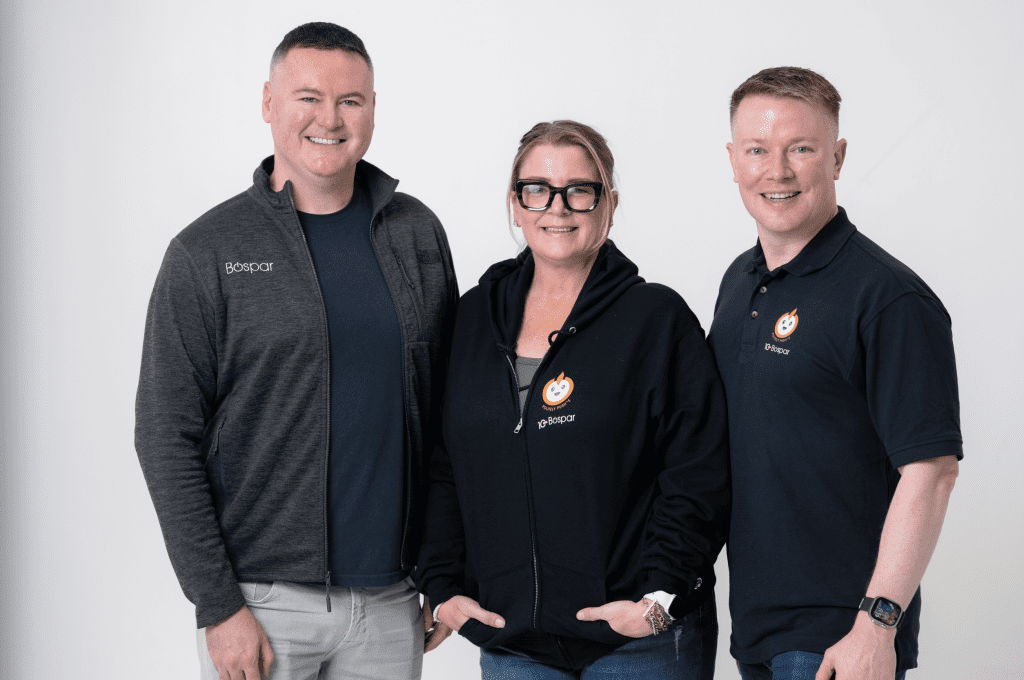Over breakfast one morning, a friend from a large PR agency casually mentioned that before a pitch, he had to memorize talking points about case studies he wasn’t even involved in.
I was appalled.
This guy is smart, accomplished and was a total stranger to the work he was presenting. But he had been taught a script and thought that was enough.
That got me thinking: When companies are shopping for an agency, why don’t they ask the most obvious question — “Were you on that account?”
It’s a simple question that can reveal a lot. Agencies, especially larger ones, have extensive portfolios and long lists of well-known clients. But prospective clients should take the time to understand who actually led the work that’s being presented. Because sometimes, the person telling the story was not even in the room where it happened
This isn’t to say agencies are dishonest. But in the high-stakes world of pitching for new business, surface-level storytelling can be rewarded, and that can lead to performative presentations that gloss over who did what.
Here are some common practices you might encounter during a pitch and the questions you should consider asking to get a clearer view of what you’re really signing up for.
1. Showcasing impressive but selective case studies
Most agencies will present the campaigns that performed best, namely those that earned national coverage, drove strong results or won awards. But those standout cases don’t always reflect the average client experience. To get a fuller picture, ask them to walk you through not just a success story, but also a campaign that didn’t go as planned and how they adapted. That’s often a better indicator of how they’ll handle your account.
2. Name-dropping
High-profile brand names carry weight in a pitch, but it’s important to understand the scope of the agency’s involvement. Did they lead the strategy or provide limited support to a single team? Ask specifically what the agency did for those clients and, just as importantly, which team members were involved in executing the work. When possible, don’t hesitate to ask for a reference. Speaking directly with a current or past client can give you a much clearer sense of how the agency operates, how they deliver under pressure and whether their internal team chemistry works in your kind of environment.
3. Overpromising results
It’s tempting to paint an optimistic picture in a pitch, especially around media placements or ROI. But sweeping promises don’t always match reality. Instead of being wowed by projections, ask how they set expectations with clients and what benchmarks those results are based on, and whether they’ve delivered similar outcomes for businesses at your stage or size. The right agency will offer perspective, not guarantees.
4. Bait and switch with senior staff
One of the most common frustrations companies have is that the team they met during the pitch isn’t the team they work with post-signing. If you’re introduced to a group of senior leaders during the pitch, be sure to ask who will be managing your account day-to-day and how those senior leaders will continue to be involved. Ask for a one on one with the day-to-day account lead before making your decision. You deserve to know who’s doing the work, not just who’s selling it.
5. Buzzword overload
Terms like “disruptive storytelling,” “hyperlocal activation” or “data-driven resonance” may sound compelling, but they often signal vague or recycled thinking. Ask what those buzzwords mean specifically for your brand, your audience and your goals. If they can’t translate jargon into action, that’s a red flag.
6. Polished presentations, recycled strategies
A beautifully designed proposal can make a strong first impression but that’s all it is: a first impression. Some decks may look tailored, but closer inspection often reveals templated ideas with a few client-specific tweaks. Ask what parts of the proposal were built just for you. Then, ask them to walk you through how the strategy came together. The more generic the rationale, the more likely you’re seeing a slide that’s been shown before. The right agency should be able to articulate why this specific strategy makes sense for you.
7. Artificial urgency
Agencies may suggest there’s limited availability or that another client is vying for the same timeframe, creating subtle pressure to move fast. That tactic is more about closing deals than setting you up for success. Ask how they onboard new clients, how they manage capacity and whether this timeline truly works for both sides.
8. Undisclosed markup fees
Sometimes fees for third-party vendors such as designers, video producers or survey platforms are marked up or buried in general budget lines. Ask how they handle outside costs, whether there are additional service fees and how they build budgets. Transparency early on prevents billing surprises later.
Key takeaway: It’s about the team, not just the track record

At the end of the day, a pitch is about more than portfolios and polished slides. It’s about people. Who are you trusting to represent your brand? Are they transparent about their experience and clear on how they’ll deliver value?
The question that started this blog, “Were you on the account?” shouldn’t feel uncomfortable. It should be expected. Because when you’re choosing an agency, you deserve to know exactly who you’re partnering with and how they’ll show up for you. Don’t rely on the prepared remarks and slides. Your ongoing work with an agency will involve thousands of conversations. It’s never too early to start. By asking the right questions, you’ll come away with clarity. And hopefully, the right team by your side.
Curious how we’d answer these questions ourselves? We’d love the chance to show you! If you’re looking for a team that actually does the work and shows up to talk about it, contact Bospar at results@bospar.com to set up a meeting. We’ll bring the strategy; you bring the questions.




